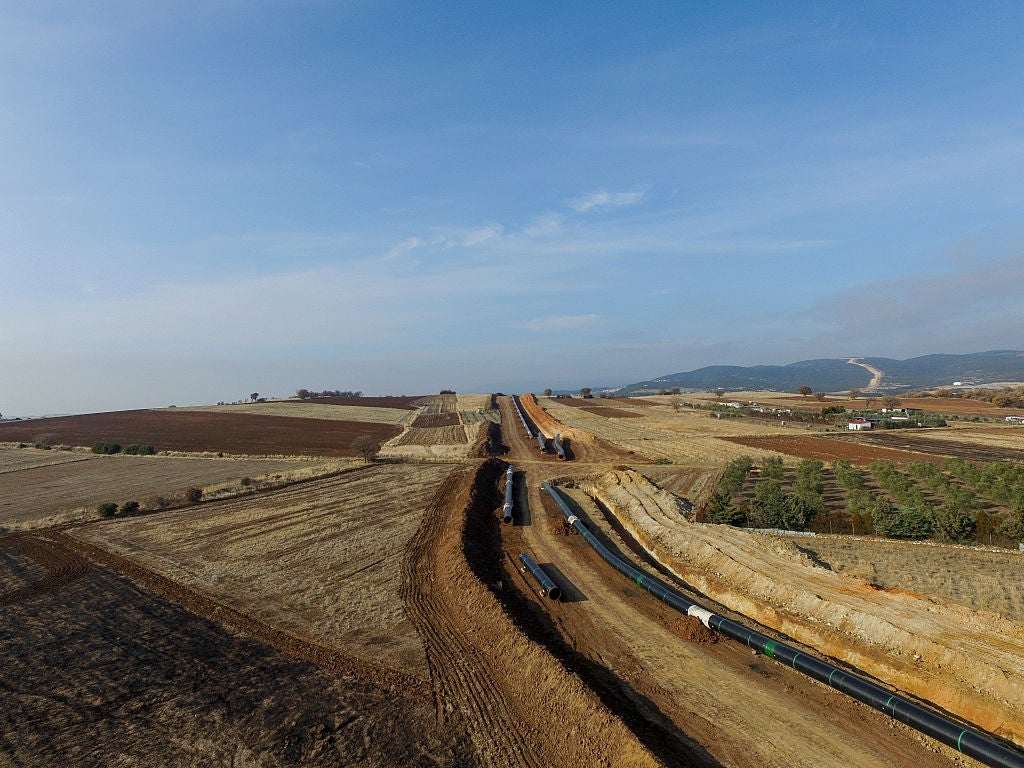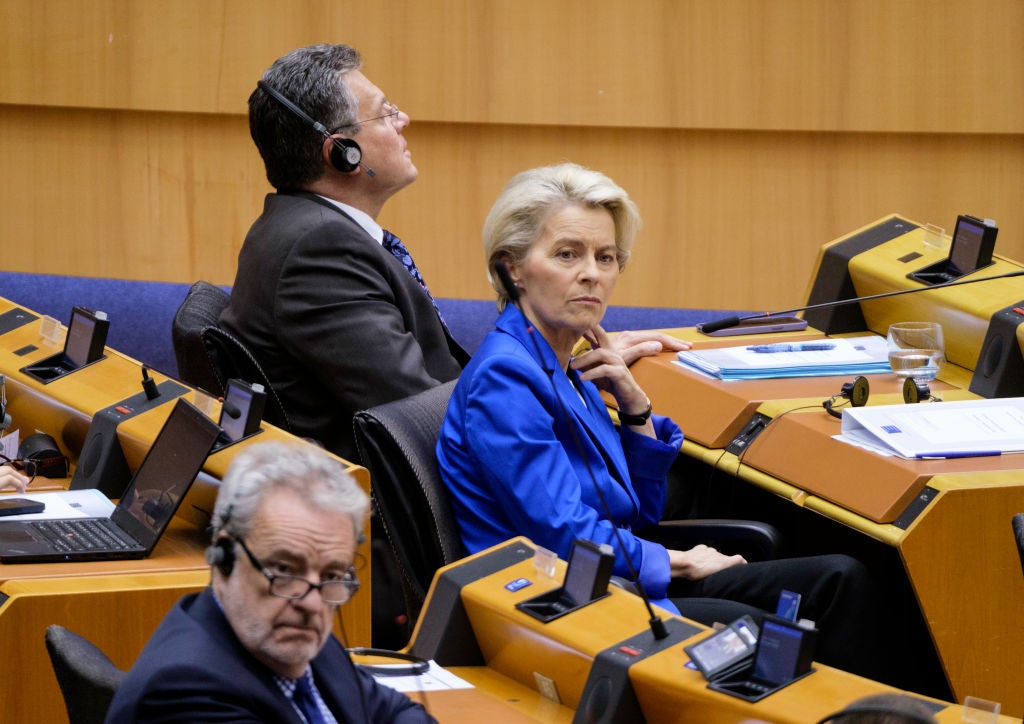
Hungary’s Minister of Economic Development Marton Nagy has reaffirmed his country’s position as the primary destination for China’s investments in Central Europe.
The comment comes as many EU states remain divided on a common policy towards Beijing, with countries such as Germany and the Netherlands benefiting the most from the import of Chinese goods.
“We are proud that Hungary is the number one destination for Chinese business investments in Central Europe,” said Nagy during his trip to a forum in Shanghai, China. “The success of the opening to the east is shown by the fact that in 2023, more than one-third (34%) of foreign capital investment (FDI) will come to our country from eastern countries, while this was less than 10% in 2010.”
Nagy pointed out that the current FDI stock, valued at €100bn ($107bn) is expected to double by 2030. He noted, however, that infrastructure projects as part of China’s Belt and Road Initiative (BRI), of which Hungary is part, continue to be low compared to other countries. Nagy suggests Hungary should increase the size of such projects to help the country cope with the growing inflow of Chinese FDI.
China has been seeking to expand its influence in Central and Eastern Europe, promising to tap into the region’s vulnerable sectors such as infrastructure, logistics and manufacturing. In 2012, Beijing launched the China-CEEC initiative to promote and scale up BRI investment in the region, quickly drawing criticism from Western European states, concerned that the policy was meant to divide and split the EU over China politics.
In a move separate from Hungary’s, Serbian Prime Minister Ana Brnabic said on today (6 November) that her country is looking to increase Chinese FDI, with Belgrade ramping up surveillance at home and stepping up pressure on its smaller neighbour Kosovo.
How well do you really know your competitors?
Access the most comprehensive Company Profiles on the market, powered by GlobalData. Save hours of research. Gain competitive edge.

Thank you!
Your download email will arrive shortly
Not ready to buy yet? Download a free sample
We are confident about the unique quality of our Company Profiles. However, we want you to make the most beneficial decision for your business, so we offer a free sample that you can download by submitting the below form
By GlobalDataBrnabic, also present in Shanghai, emphasised that the next round of Chinese investments should focus on improving the energy efficiency and green transition of the Serbian steel-manufacturing conglomerate Zelezara Smederevo.
In the past decade, Serbia has been looking to attract more Chinese investors to develop its infrastructure and security. According to an investigation published in July by Radio Free Europe/Radio Liberty, journalists found that streets and public squares in more than 40 cities and municipalities have been “blanketed with Chinese-made cameras,” signalling Belgrade’s growing authoritarian rule at home.
Speaking about Kosovo, Brnabic said in a press statement that China will never change its position on Kosovo, adding that Serbia continues to respect China’s one-state policy, referring to the non-recognition of Taiwan.
“The Prime Minister also added that Xi Jinping said that he will try to come to Serbia next year, which, as she assessed, is a big deal for our country and citizens,” the Serbian government said in a press statement.







